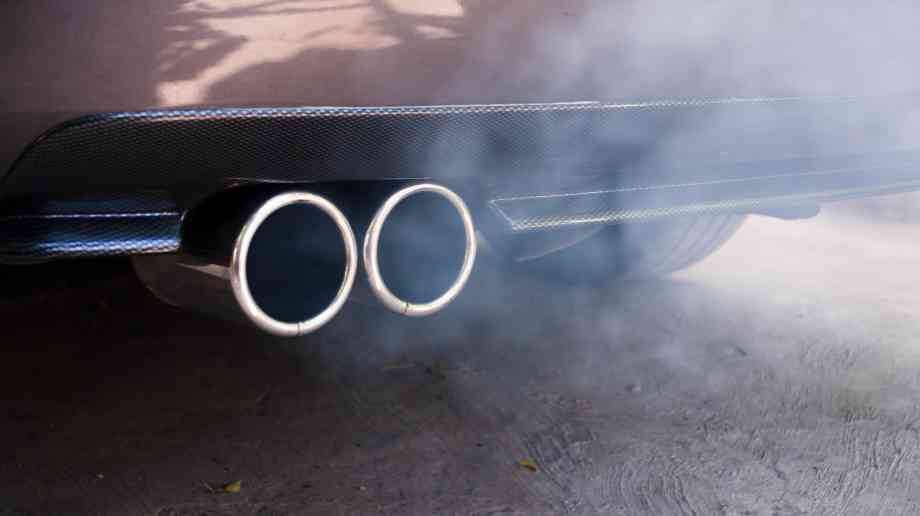Sue Robb of 4Children talks to Julie Laughton and Alison Britton from the Department for Education about the role of childminders in delivering the 30 hours free entitlement.
Triangulum project cuts Manchester carbon emissions

Manchester’s universities are using technology to cut their carbon emissions, thanks to a new Triangulum project.
The project, funded by the European Commission, allows Manchester City Council, in collaboration with the University of Manchester (UoM) and Manchester Metropolitan University (Manchester Met), to transform their vehicle fleets and make huge energy savings, while demonstrating the power of the new innovations to help create economic growth and generate environmental benefits.
UoM have changed seven of their diesel operational services vans for electric vehicles to date, and Manchester Met have added two electric cars to their car share scheme, allowing more staff to use low-carbon transport and leave their own cars at home.
Manchester Met’s mail deliveries have been using more electric bikes, and electric cargo bikes have been made available to local businesses on a free trial, with UoM’s IT department already making the most of this offer.
Manchester, Eindhoven and Stavanger are all taking part in the scheme, which runs until 2020.
Data gathered from usage of electric vehicles and bikes is being used to develop a better understanding of mobility in the city.
Richard Leese, leader of Manchester City Council, said: “Manchester needs to generate growth and create more jobs, but we need to do that in a way that is environmentally sustainable. Using new disruptive technologies and sharing knowledge is the most effective way to achieve that - and being a ‘smart city’ is Manchester’s future.”
Company Focus
Located in Bromley, Japanese Knotweed Eradication Ltd has been providing solutions in the treatment and removal of Japanese Knotweed (Fallopia Japonica) for over a decade. During this time we have mastered a repertoire of methods, from herbicidal treatments to landscaping solutions, tailored to address the unique challenges our clients face with this pervasive weed.
Event Diary
UKREiiF has quickly become a must-attend in the industry calendar for Government departments and local authorities.
The multi-award-winning UK Construction Week (UKCW), is the UK’s biggest trade event for the built environment that connects the whole supply chain to be the catalyst for growth and positive change in the industry.
Supplier Profiles
Geo Energy
At GeoEnergy Design, we're on a mission to disrupt the traditional way heating and cooling ha
Latest Features
Professor Harith Alani, director of the Knowledge Management Institute at the Open University explains how AI can be used for good and bad.
Alex Lawrence, head of health & social care, techUK sets out techUK’s Five Point Plan for CareTech.

















